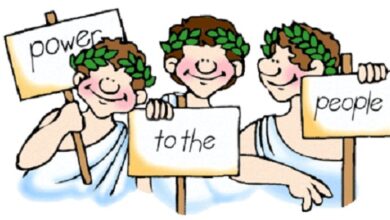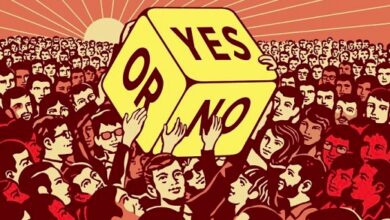Definitions
Definitions
These are the explanations or descriptions that clarify the meaning of a word, term, concept, or idea. They are used to provide a common understanding and language among people, especially in fields such as science, medicine, law, and technology. The Englopedia team will try to provide the definitions which will cover the whole sphere of knowledge.
A definition may be formal or informal, and may vary depending on the context and the intended audience. Formal definitions often use precise and technical language to provide a clear and unambiguous explanation of a term. Informal definitions, on the other hand, may use simpler language and examples to help the reader understand the meaning of a term.
Definitions can be found in various sources, including dictionaries, encyclopedias, textbooks, research papers, and websites. They are important in fields such as education, communication, and research, as they help people to understand and use language effectively and accurately.
The Definitions of Englopedia are important for several reasons, including:
Providing clarity: Help to clarify the meaning of a word or concept, ensuring that people understand the same thing when they use a particular term. This is particularly important in technical fields, where precise language and understanding are critical.
Establishing a common language: By defining terms, we can establish a common language that facilitates communication and understanding across different people, cultures, and languages.
Enhancing accuracy: Clear definitions help to eliminate ambiguity and promote accuracy in communication, research, and analysis. This is especially important in scientific and academic fields, where precision is essential.
Facilitating learning: Definitions are essential for learning and education, as they provide a foundation for understanding and applying new concepts and ideas.
Supporting decision-making: Clear definitions can help to inform decision-making by providing a clear understanding of the meaning and implications of different options.
Ensuring consistency: Definitions help to ensure consistency in the use of language, which can be important for legal or regulatory purposes.
-

What is Wage Inequality and Why is the term so controversial
Wage Inequality he gender wage Inequality is defined as the difference between the average work accidents with sick leave, and unpaid…
Read More » -

What is Social Development skills are related to social development
Development The term development has different meanings according to the areas of knowledge that interest us . For example, in biology , it is used…
Read More » -

What is Technical Drawing purpose types and artistic drawing
Technical Drawing Technical drawing is a modality of expression or graphic representation of different types of objects . Its main objective is to facilitate…
Read More » -

What is Performance types What does performance depend on
Performance Performance is one of the main indicators of stock investments, by which you can assess their profitability, viability and…
Read More » -

What is Dendrology applied to climate Climate change and tree rings
Dendrology We are talking about the terms “Dendron” and “Logos”, of Greek origin, meaning tree and study respectively. This term was…
Read More » -

What is Representative Democracy Advantages and Disadvantages
Representative democracy Representative democracy or indirect democracy is a form of government in which the people elect representatives who can defend, manage, establish and execute…
Read More » -
What is Participatory Democracy Origin Objective and forms
Participatory Democracy Participatory democracy is a model of exercising power, where the population actively participates in making major political decisions . The…
Read More » -

What is Direct Democracy Indirect and representative democracy
Democracy The word democracy comes from the Greek for “rule by the people”. As one might suppose, it is the population…
Read More » -

What is Demand factors affecting Types and How can we measure
Demand Demand means the quantity of a good or service that consumers are willing to purchase at a defined price in a market . It can…
Read More » -

What is Demagoguery characteristics of demagogues and Aristotle
Demagoguery The word demagoguery comes from demo (people) and gogia (to lead, to lead), that is, to lead the people . In the…
Read More »